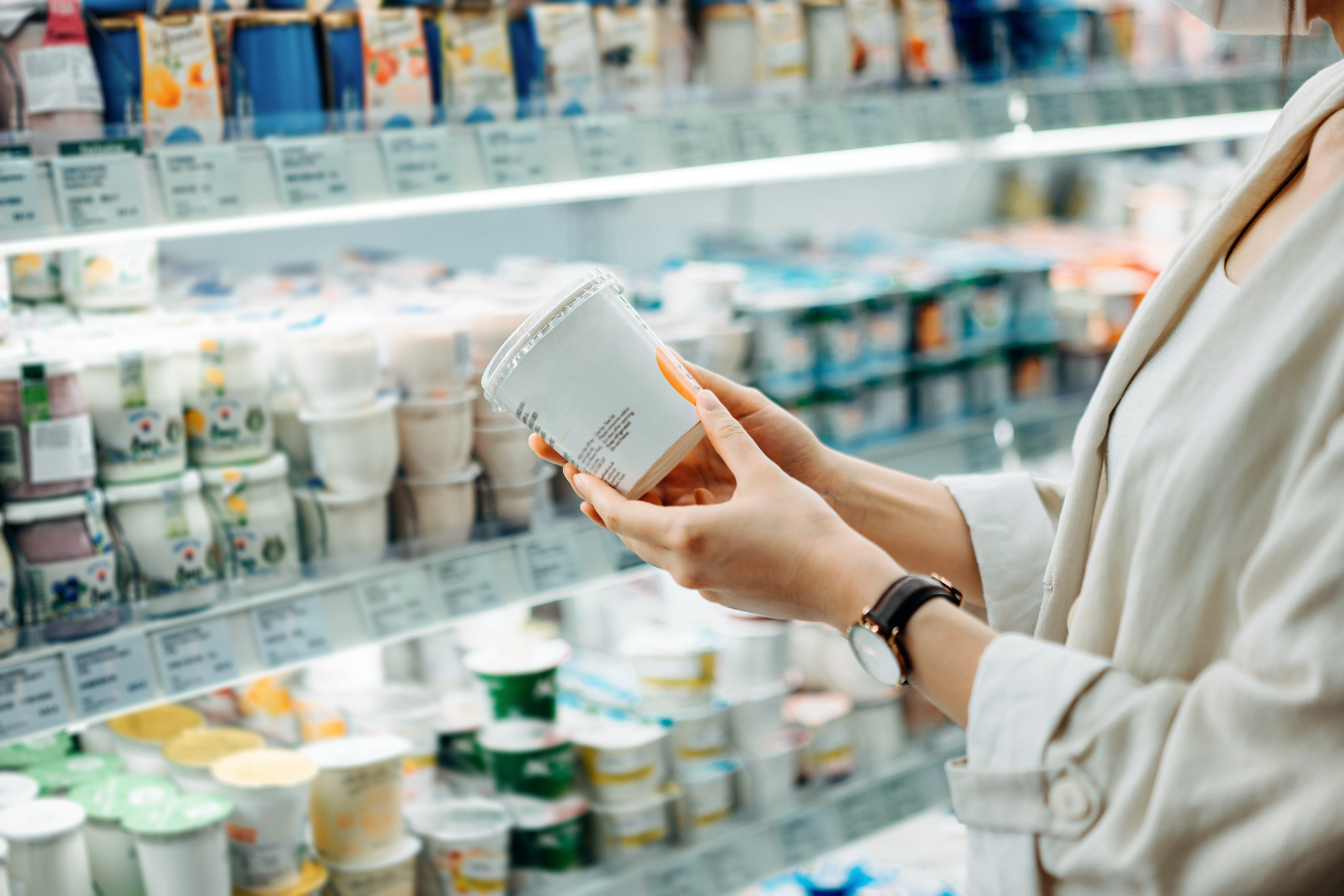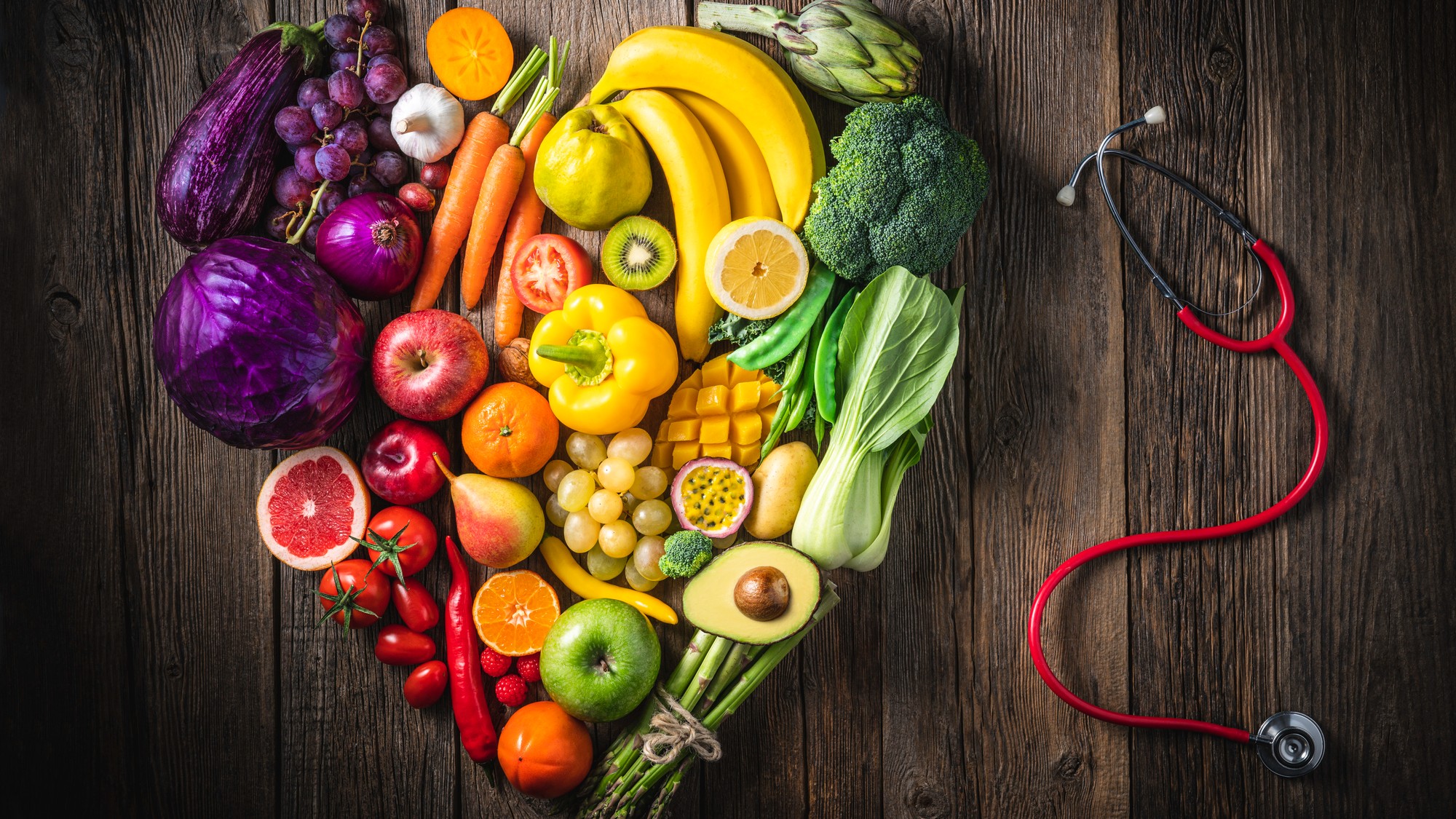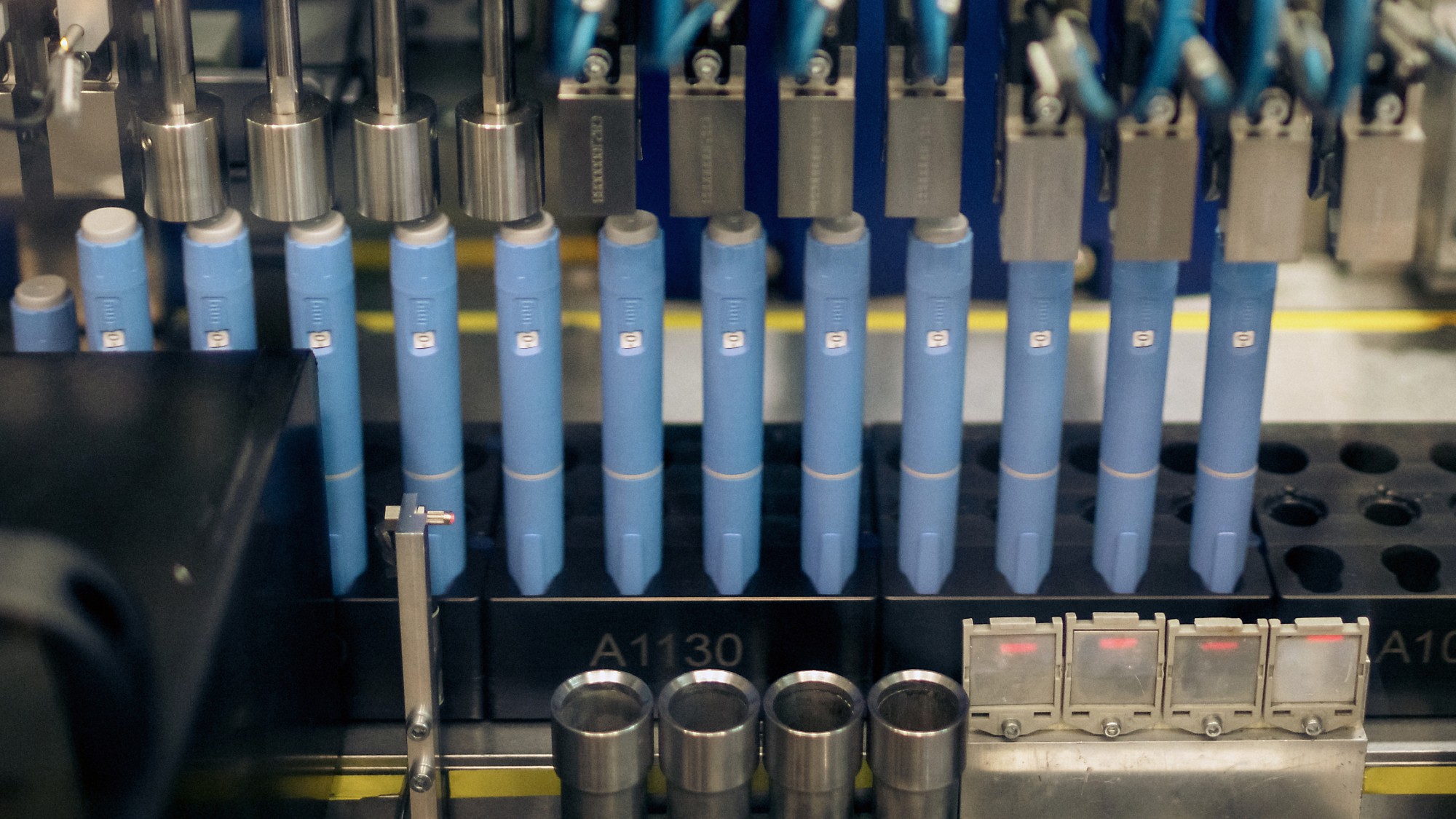Can probiotics help fight off Covid-19?
New study suggests so-called good bacteria can help boost immune response to the coronavirus

A free daily email with the biggest news stories of the day – and the best features from TheWeek.com
You are now subscribed
Your newsletter sign-up was successful
University College London experts Paul Gill and Andrew Smith on how consuming probiotics may activate a “gut-lung immune axis” to help fight the virus
You’ve probably heard of probiotics – the “good bacteria” that can benefit our health. We consume them in an expanding variety of ways, often in foods marketed as being healthy. These bacteria can be contained in supplement capsules, yoghurts, drinks or even snack bars.
They work by helping prevent other, disease-causing bacteria from infecting our gut. They may also interact with our gut’s immune cells, helping regulate the cells’ activity in the complex gut environment, which is important for preventing unwanted inflammation that can trigger inflammatory bowel disease. Research has also shown that the effects of probiotics may go beyond the gut, regulating immune responses in the lungs as well.
The Week
Escape your echo chamber. Get the facts behind the news, plus analysis from multiple perspectives.

Sign up for The Week's Free Newsletters
From our morning news briefing to a weekly Good News Newsletter, get the best of The Week delivered directly to your inbox.
From our morning news briefing to a weekly Good News Newsletter, get the best of The Week delivered directly to your inbox.
Right now, our immune systems face the constant threat of having to fight off the coronavirus, with it circulating at record levels around the world since the emergence of the highly infectious Omicron variant. There are limited treatments available for people that get seriously ill, and current vaccines aren’t highly effective at preventing infection in people that haven’t recently taken a booster.
But if probiotics positively affect our immune system, and their effects are not limited to the gut, could they offer a cheap and accessible way of helping our bodies fight off Covid?
Bacteria lead to quicker recovery
A recent trial conducted in Mexico showed that people with the coronavirus who took a specific combination of four probiotic bacterial strains recovered quicker compared to those who took a placebo. Those given probiotics also had increased antibody responses to the virus that peaked earlier than the placebo group’s.
Importantly, those taking the probiotics had lesser symptoms and lower amounts of the virus in their bodies 15 days after their initial infection compared to people taking the placebo.
A free daily email with the biggest news stories of the day – and the best features from TheWeek.com
These encouraging results are some of the first to show that probiotics could help our immune system fight off Covid. The authors suggest that probiotic supplementation could help people recover quicker. This could reduce the self-isolation periods currently imposed on infected people in numerous countries throughout the world.
That said, we need to be careful interpreting these results. Despite being a double-blind, placebo-controlled clinical trial (generally regarded as the gold standard for testing medical treatments), it had some limitations. It excluded those over the age of 60 and didn’t account for vaccination status of the trial participants. This means we don’t yet know if probiotics provide any benefit to those who are most at risk of developing severe Covid.
In addition, taking probiotics may be inappropriate for those with a weakened immune system. This is due to a potential increased risk of infection resulting from consuming large quantities of live bacteria.
An axis of immunity
Research has uncovered a potential positive effect – but can we explain why this happens? How is it that bacteria that arrive in our gut end up helping the immune response against Covid up in the lungs?
Immunologists think they have an answer. They’ve proposed the idea of a gut-lung immune axis. The theory is that immune cells exposed to probiotics in the gut could be activated by these bacteria and then travel to the lung upon infection. In Covid, these would be B cells – the white blood cells that produce antibodies. They could be “primed” in the gut to go on to produce more antibodies when they encounter the virus in the lung or nose.
However, before probiotics can be properly considered for treating Covid, more studies are needed to validate these results. Clinical trials using probiotics to treat disease often produce varying results, as the effects of probiotic bacteria on immune cells may be highly specific to the bacteria used. Trials must also be performed in different groups of people to see what effect the bacteria have, as we know that Covid is more severe in some than others. Ethnicity has been associated with Covid mortality, for example.
Certainly, there’s no direct evidence currently that the probiotic bacterial strains contained in a store-bought probiotic yoghurt would have the same effect as the probiotics tested in the Mexican study. It’s also important to remember that not all the probiotic bacteria contained in foods may be live by the time they are consumed, which could affect their potency.
What to eat now
While the evidence on probiotics is being gathered, in the meantime another way to look after your gut bacteria is to eat a healthy fibre-rich diet. The latest research shows that those who consume a healthy diet high in fruits and vegetables are less likely to develop severe Covid. A high-fibre diet that stimulates the gut bacteria may even help your immune system to generate a stronger response to Covid vaccination.
As Covid will likely remain highly prevalent in the world for the foreseeable future, probiotics have the potential to become a useful tool in our fight against the disease. However, before we all run out to our local health food store to stock up, we need to wait for research to confirm what types of probiotic bacteria could help our immune system and who would most benefit from consuming them.
Paul Gill, postdoctoral fellow in microbial diseases, UCL, and Andrew Smith, chair in oral health sciences, Eastman Dental Institute, Faculty of Medical Sciences, UCL.
This article is republished from The Conversation under a Creative Commons licence. Read the original article.
-
 The environmental cost of GLP-1s
The environmental cost of GLP-1sThe explainer Producing the drugs is a dirty process
-
 Greenland’s capital becomes ground zero for the country’s diplomatic straits
Greenland’s capital becomes ground zero for the country’s diplomatic straitsIN THE SPOTLIGHT A flurry of new consular activity in Nuuk shows how important Greenland has become to Europeans’ anxiety about American imperialism
-
 ‘This is something that happens all too often’
‘This is something that happens all too often’Instant Opinion Opinion, comment and editorials of the day
-
 A Nipah virus outbreak in India has brought back Covid-era surveillance
A Nipah virus outbreak in India has brought back Covid-era surveillanceUnder the radar The disease can spread through animals and humans
-
 The truth about vitamin supplements
The truth about vitamin supplementsThe Explainer UK industry worth £559 million but scientific evidence of health benefits is ‘complicated’
-
 The plant-based portfolio diet invests in your heart’s health
The plant-based portfolio diet invests in your heart’s healthThe Explainer Its guidelines are flexible and vegan-friendly
-
 Covid-19 mRNA vaccines could help fight cancer
Covid-19 mRNA vaccines could help fight cancerUnder the radar They boost the immune system
-
 The new Stratus Covid strain – and why it’s on the rise
The new Stratus Covid strain – and why it’s on the riseThe Explainer ‘No evidence’ new variant is more dangerous or that vaccines won’t work against it, say UK health experts
-
 RFK Jr. vaccine panel advises restricting MMRV shot
RFK Jr. vaccine panel advises restricting MMRV shotSpeed Read The committee voted to restrict access to a childhood vaccine against chickenpox
-
 The battle of the weight-loss drugs
The battle of the weight-loss drugsTalking Point Can Novo Nordisk and Eli Lilly regain their former stock market glory? A lot is riding on next year's pills
-
 Orthorexia nervosa: when clean eating goes too far
Orthorexia nervosa: when clean eating goes too farThe Explainer Being healthy is fine, but obsessing over it is dangerous